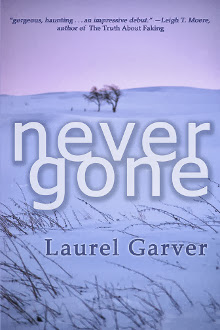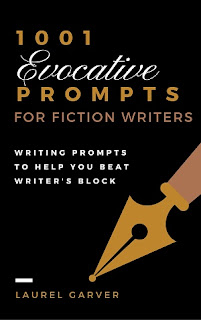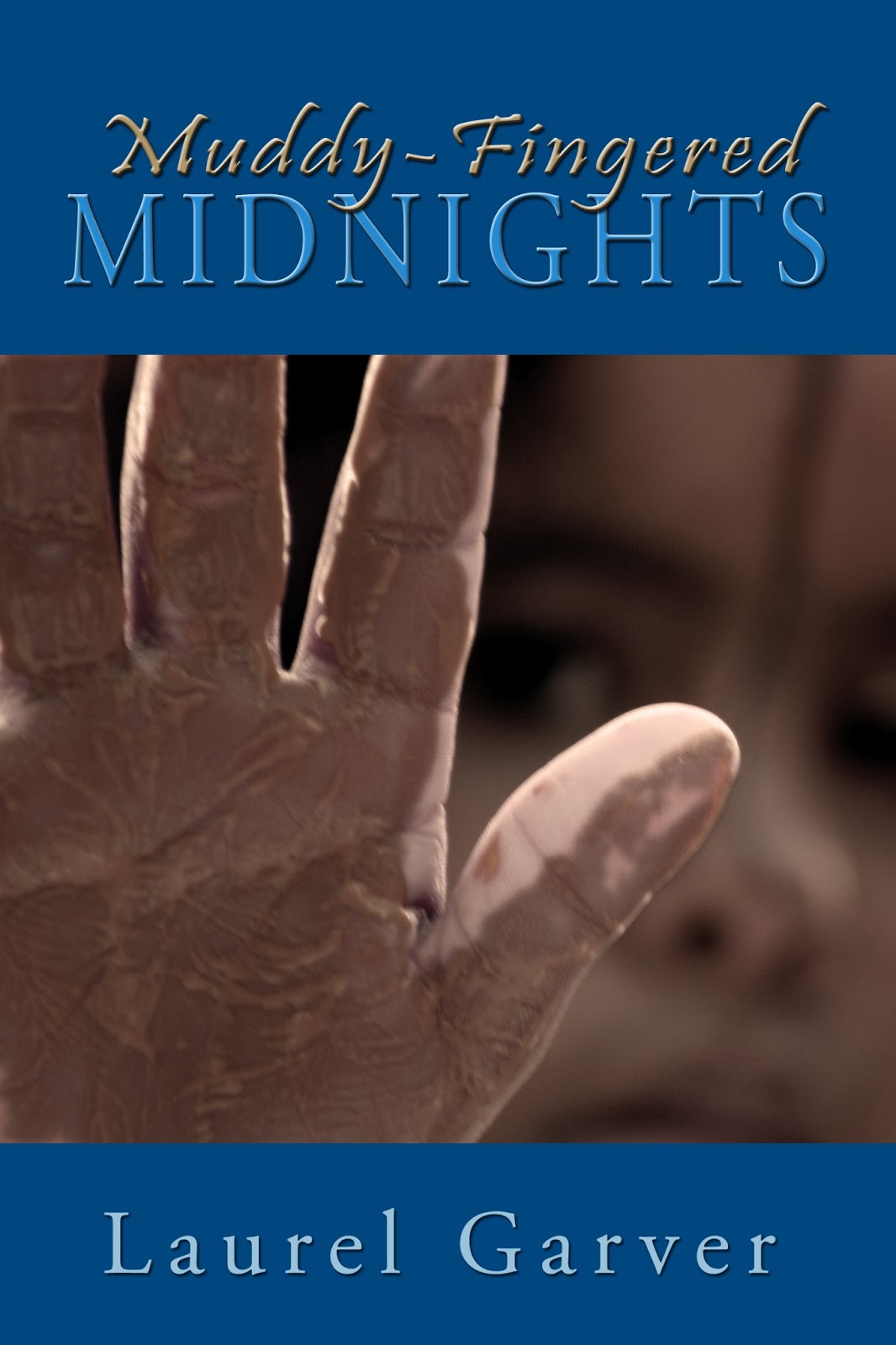Is there such a thing as too much characterization? By that, I mean, can you invest too much time into developing some characters to the point of derailing a project?
I'd argue that yes, you can. Not every character warrants developing a back story, motivation, wound. If you did take the time to do that for every walk-on, a story could quickly become tangent-riddled every time someone new entered a scene.
Granted, most writers have the opposite problem. They don't develop even the primary characters deeply enough. But both the "too many stars" and flat characterization problem can begin to be addressed by taking one initial step.
You might call the process "assembling the cast." Basically, it entails listing all your story's characters and prioritizing them in terms of their importance to the story.
It's easy to get carried away developing telling details at the expense of doing the deeper psychological work. Better to invest your time in knowing how family of origin issues and environment and education shape a character than furnishing apartments, creating music playlists and the like. It's the characters' underlying drives that fuel conflict, after all, not curtain colors, or wardrobe, or the current soundtrack. And without conflict, you have no story.
Catalyst
Tertiary catalysts are triggers who enter scenes in order to cause change. A tertiary catalyst might be a pacing aid, like the comic relief character who releases tension whenever he appears. Or she might be a functionary whose official duties bring change, like a police officer or an EMT.
Set dressing
In film, they're called "extras"--the assorted faces that people a locale: patients in a waiting room, thugs loitering in a bad neighborhood, cliques in the school cafeteria, commuters, store clerks, security guards. Give some thought about what emotions they might evoke in your primary characters, such as a sense of security, fear, claustrophobia, or self-consciousness. Develop telling details to bring out those emotions. For example, when your protagonist is crammed into an elevator, we feel her anxiety through her reactions to fellow riders' cloying perfume, menacing umbrellas, over-sized backpacks.
Verisimilitude
These characters lend reality to a story by filling small parts, somewhere between catalyst and set dressing. They have a handful of lines throughout the story. They exist to further widen our understanding of the main character and to create milieu. In a YA story, for example, this might be a younger sibling who creates obstacles and has some comic lines, or a secondary character's parent who is the polar opposite of the protagonist's parents.
image credit: arjmage at morguefile.com
Do you develop characters before you write or as you write? How might a bit of character planning and prioritization aid your drafting process?
I'd argue that yes, you can. Not every character warrants developing a back story, motivation, wound. If you did take the time to do that for every walk-on, a story could quickly become tangent-riddled every time someone new entered a scene.
 |
| Look at ME! No, me! Me! Me! Me! |
Granted, most writers have the opposite problem. They don't develop even the primary characters deeply enough. But both the "too many stars" and flat characterization problem can begin to be addressed by taking one initial step.
You might call the process "assembling the cast." Basically, it entails listing all your story's characters and prioritizing them in terms of their importance to the story.
Primary characters
Each of the main actors who appear in 3/4 of the story scenes should have a "characterization work up" that includes a basic life history (key events), a relationship web, and a psychological make up that includes desires, fears, and core values. Gather some telling details for each primary character. Those might include hobbies, taste in music or film, appearance, home environment.It's easy to get carried away developing telling details at the expense of doing the deeper psychological work. Better to invest your time in knowing how family of origin issues and environment and education shape a character than furnishing apartments, creating music playlists and the like. It's the characters' underlying drives that fuel conflict, after all, not curtain colors, or wardrobe, or the current soundtrack. And without conflict, you have no story.
Secondary characters
Second tier characters influence the primary characters and course of the plot, but appear less frequently. The key thing secondary characters need is a relationship web. They are connectors of the primary characters. Some psychological development can make their relationships more realistic, and telling details make them stand out from one another. Secondary characters might include a trusted friend, a coworker, a close sibling, parents or other near relatives. They lay emotional claim to the main characters and offer help and hindrance as the protagonist works toward his or her goal.Tertiary characters
Third tier characters might or might not warrant being named, depending on the role they play. Here are some tertiary functions and the types of players needed:Catalyst
Tertiary catalysts are triggers who enter scenes in order to cause change. A tertiary catalyst might be a pacing aid, like the comic relief character who releases tension whenever he appears. Or she might be a functionary whose official duties bring change, like a police officer or an EMT.
Set dressing
In film, they're called "extras"--the assorted faces that people a locale: patients in a waiting room, thugs loitering in a bad neighborhood, cliques in the school cafeteria, commuters, store clerks, security guards. Give some thought about what emotions they might evoke in your primary characters, such as a sense of security, fear, claustrophobia, or self-consciousness. Develop telling details to bring out those emotions. For example, when your protagonist is crammed into an elevator, we feel her anxiety through her reactions to fellow riders' cloying perfume, menacing umbrellas, over-sized backpacks.
Verisimilitude
These characters lend reality to a story by filling small parts, somewhere between catalyst and set dressing. They have a handful of lines throughout the story. They exist to further widen our understanding of the main character and to create milieu. In a YA story, for example, this might be a younger sibling who creates obstacles and has some comic lines, or a secondary character's parent who is the polar opposite of the protagonist's parents.
image credit: arjmage at morguefile.com
Do you develop characters before you write or as you write? How might a bit of character planning and prioritization aid your drafting process?



















